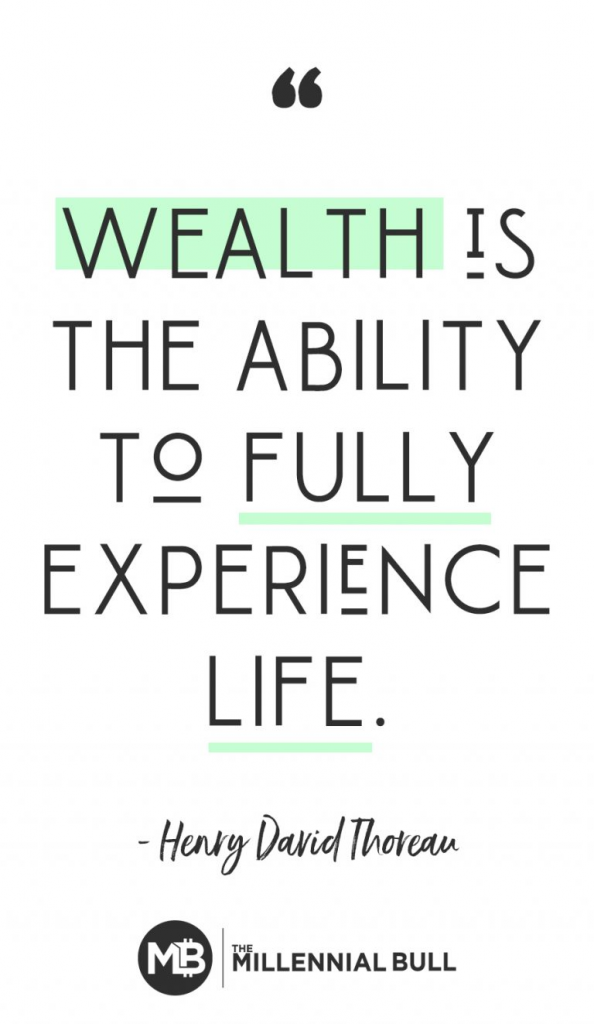Learn to accept negative emotions to achieve happiness
Instead of just creating “fake” positive emotions, why not learn to master negative emotions to find happiness for ourselves?
It may sound paradoxical, but accepting our negative emotions can actually make us happier. This is the conclusion of research by psychologist Susan David, founder and operator of the Institute of Coaching at Harvard Medical School’s McLean Hospital. She is the author of Emotional Adaptation and has worked with many large companies in a consulting role. Many of her articles have been published in the Harvard Business Review and the Wall Street Journal. In a TED Talk (a mass media organization that publishes optional talks), Dr. David explains why difficult emotions are essential to living a healthy life. Life really has more meaning and happiness.
The dark side of positive emotions
Most of us have been told to stay “optimistic, love life” , always smile and think positively, especially at times when we seem upset, anxious or disappointed by something. Sometimes, a few idle, contemplative thoughts can also be considered “boring” and very negative. At times like these, it’s hard to say anything more than “I’m fine”, but surely no one believes you.

Photo: Pexels/Dinnow
“Being positive has become a form, a correct moral standard,” said Susan David. Caring for someone’s feelings isn’t a bad thing, but be careful before giving any advice, because sometimes things aren’t what they seem. We live in a culture where it can be rigid to value an always positive state of mind over emotional adaptability, inner resilience, and the ability to weather tough times.
However, setting aside difficult emotions for the sake of embracing false positives will deprive us of the opportunity to further develop the skills needed to deal with the real world. This can lead to lower levels of self-healing and mental health, while levels of depression and anxiety increase. From there, it impacts relationships in life and affects your ability to achieve lasting happiness.
![]()
WHAT DO WE NEED TO BE HAPPY?
Instead of pushing negative emotions aside or forcing yourself to work through problems with grudging positivity, the best way to deal with conflicting emotions is to categorize them.
For a psychologist, black and white stickers are often used to describe emotions quickly. Stickers that express “stress” are the most commonly used and also the most difficult to distinguish emotions. Because there are many different types of them such as stress from extreme pressure, stress from disappointment or stress from knowing that the only job you have is inherently not right for you or the relationship that you have. What you have cultivated for so long is a mistake in the first place.

Photo: Pexels/Maria Verkhoturtseva
By correctly “naming” our emotions, we can identify the cause of those emotions and activate the “ready potential” in the brain. This area of the brain allows us to make solid decisions, set next goals, and make changes with clarity. Once you have mastered your emotions, “compassion” is the next factor that needs attention. People often think of compassion as embodying weakness, laziness, and lying to oneself. In fact, that forgiveness and compassion creates a safe space where we are able to take more risks without fear of disappointment or regret. You can see, feel, and touch the world around you more effectively. Because, even if things don’t go the way you want them to,
![]()
Accept negative emotions
Finally, David says, “See the emotional spectrum as it is.” Create space between yourself and what you are feeling by being an observer and naming life experiences from different perspectives. Instead of uttering simple words like “I’m so sad”, say “I notice I’m sad”, “I notice I’m ruined”, “I don’t think this place is right for me”. to stay”…

Photo: Pexels/Daria Nekipelova
This self-awareness allows us to discover other beauties of ourselves such as hidden values or bright intentions that you have always cherished. Practicing this habit also makes you more responsible and rational in all matters, you will not act emotionally. No one can avoid generating negative emotions, the important thing is not to let them overwhelm you and start directing all behaviors in a bad way.





